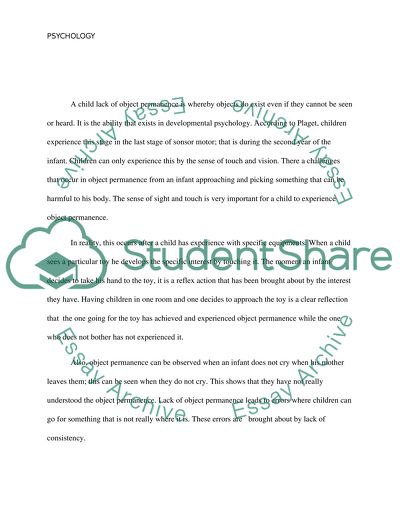Cite this document
(“Piagets cognitive development theory PowerPoint Presentation”, n.d.)
Retrieved from https://studentshare.org/psychology/1695572-piagets-cognitive-development-theory
Retrieved from https://studentshare.org/psychology/1695572-piagets-cognitive-development-theory
(Piagets Cognitive Development Theory PowerPoint Presentation)
https://studentshare.org/psychology/1695572-piagets-cognitive-development-theory.
https://studentshare.org/psychology/1695572-piagets-cognitive-development-theory.
“Piagets Cognitive Development Theory PowerPoint Presentation”, n.d. https://studentshare.org/psychology/1695572-piagets-cognitive-development-theory.


